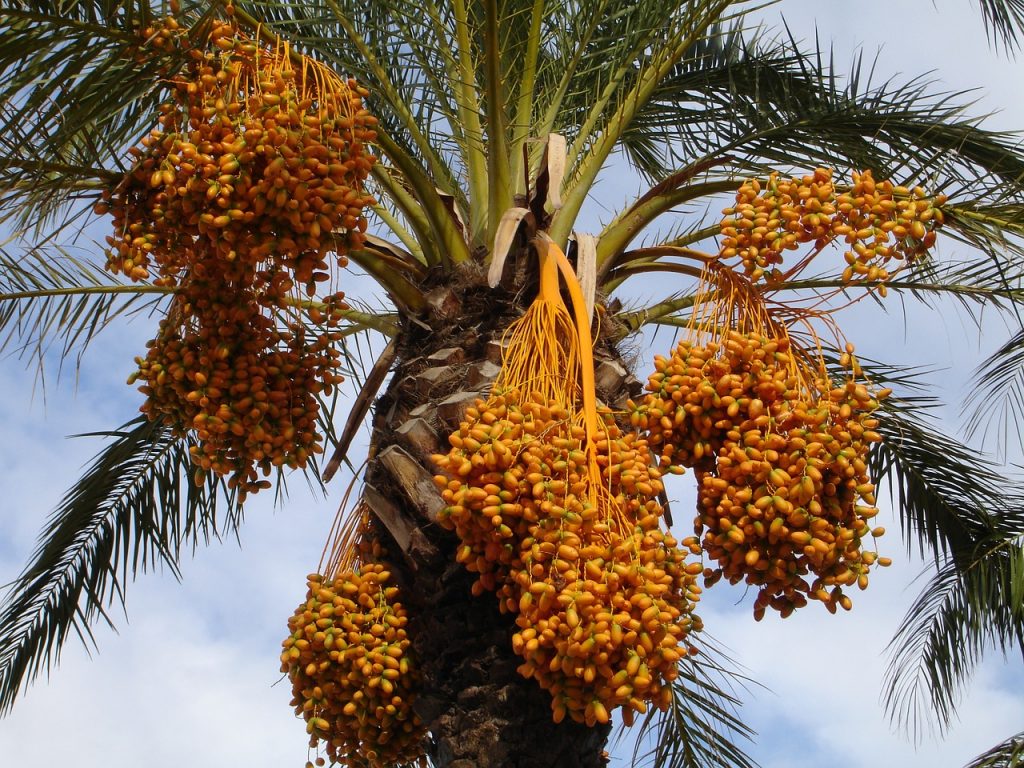‘Walkshops’ and ‘Talkshops’ on Sri Lanka’s Holy Mountain
Back in the 1980s, in the midst of Sri Lanka’s civil war, an initiative by the NGO Save the Children Norway, sought to promote ethnic and religious harmony through what they called ‘walkshops’ and ‘talkshops’ on the holy mountain, Adam’s Peak.
Making progress on the biological management of Red Palm Weevil at KhairPur – Sindh
By Riaz Mahmood and Naeem-ul-Haq, CABI Central and West Asia (CWA), Rawalpindi Date palm (Phoenix dactylifera L.) is of high economic importance for livelihood for hundreds of farmers families in Pakistan. Fruit and tree parts are of many uses. Date palm trees are spread over 98,000 hectares across Pakistan making it the fifth largest date…
It must be Halal, right?
The world Halal food market is valued at $700 billion. Pakistan only contributes $28 million, less than 0.5%, to this market despite having the second largest Islamic population in the world. In Pakistan, although roughly 97% of the population follows Islam, there is not a single Halal certified food chain in the country. A recent…
International Day for Biological Diversity 2018
This year the 22nd of May will be a celebration of the progress made since the implementation of the Convention on Biological Diversity 25 years ago. The International day for Biological Diversity was designed to overlap with the UNs post-2015 Sustainable Development Goals and the date chose to commemorate the adoption of the Convention of…
A conversation on ‘Communicating Evidence for Sustainable Development’
Last month two CABI employees, Solveig Danielsen and Paul Day, attended a conference at Wageningen University on Communicating Evidence for Sustainable Development. Sol works in the Monitoring and Evaluation team (M&E) and Paul is a communicator. The conference led to a lively conversation which we captured here.
How can we ensure safety in Events Management, Religious Festivals, and Tourism?
By Maximiliano Korstanje One of the aspects that motivated me to write a book which focuses on Event Management Security as the main object of study was the need to understand what we, the experts in terrorism and political violence, can do in order for tourist destinations to be protected. Although some sociologists have claimed…
Phytosanitary Risk Management Programme – transforming livelihoods in Pakistan
Meet Rozina Babar, she is one of thousands of smallholder farmers in Pakistan whose livelihoods are threatened by agricultural pests and diseases that can devastate crops and ultimately have a severe impact on food security and profitability. However, thanks to the CABI-led Phytosanitary Risk Management Programme – funded by USAID-USDA and working with partners including…
Showcasing smart agriculture in comic exhibition
Comics have long played a role in entertaining young people, and even adults, going right back to the Golden Age of Comic books in the 1930s. One only has to think of Superman, Batman, Wonder Woman, Captain Marvel and many more. But you would be forgiven for being surprised at knowing that comics can also…
Tourism creates 8% of global carbon emissions – can they be curbed?
The global carbon footprint of the travel and tourism industry has long been a concern, with aviation in particular being a major source of greenhouse gases, and the major component of the estimated carbon cost of tourism. But a new analysis published in Nature Climate Change says that the carbon footprint of the industry is…
Cotton harvest picture special
The power of the image paints a picture that speaks a thousand words and that is certainly the case with these fantastic images taken by photographer Asim Hafeez. Asim was commissioned by CABI to document the process of harvesting cotton in Pakistan – the country’s largest industrial sector – where more than 500,000 farmers…




